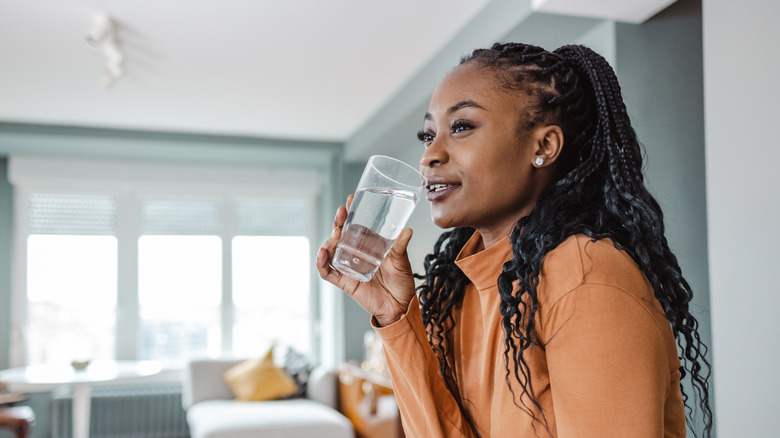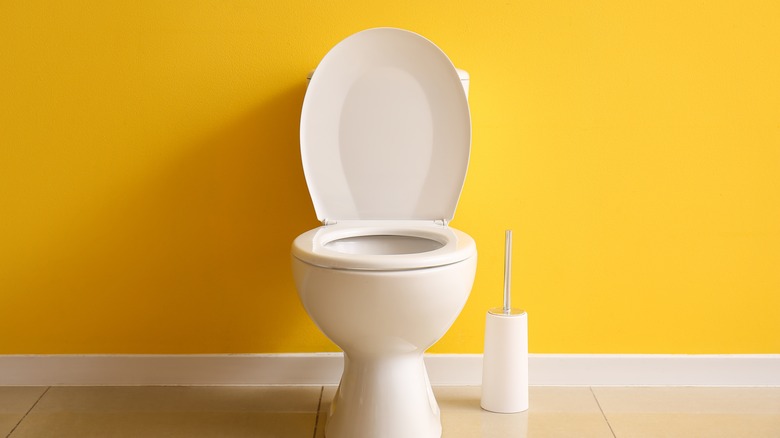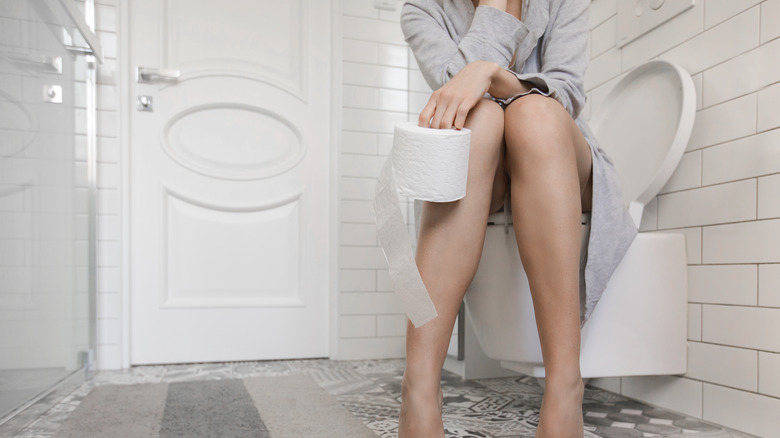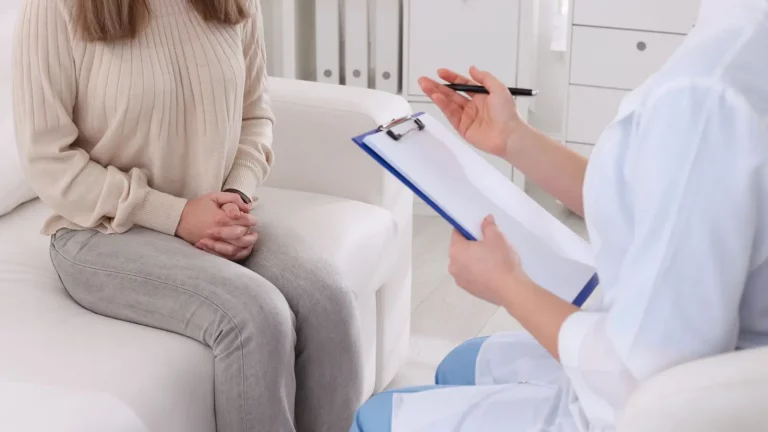
When experts, well-meaning family members, and even your neighbor emphasize the importance of consuming ample water throughout the day, you might find yourself joining the movement towards better hydration.
But what if, after drinking water, you immediately feel the need to visit the restroom? This scenario can be both inconvenient and potentially embarrassing, especially in situations like a job interview when you’re about to be called in. Several factors could contribute to this phenomenon. It might indicate that you’re consuming excessive water, have an overactive bladder, it’s cold outside (which explains why you urinate more in winter), or possess a small bladder (yes, that’s possible). It could also point to conditions like a urinary tract infection, diabetes, kidney stones, or “urge incontinence.” Additionally, stress or anxiety-induced urination could be a factor.
Regardless of the cause, the urge to urinate right after drinking a glass of water is unpleasant, particularly if a restroom isn’t readily available. It’s a good idea to assess whether you’re over-hydrating. As explained by David Nieman, a professor of public health at Appalachian State University and director of the Human Performance Lab at the North Carolina Research Campus (via TIME): “If you’re drinking water and then, within two hours, your urine output is very high and [your urine] is clear, that means the water is not being retained effectively.”
Your urine color will tell you if you’re drinking too much

Your urine can reveal surprising insights about your health, including its color. WebMD suggests using the Goldilocks approach when consuming water. Monitor your output to ensure it’s clear or pale yellow without spending the entire day in the restroom. Darker urine with a strong odor may indicate insufficient hydration, whereas overly clear urine may suggest over-hydration.
Board-certified nephrologist, Dr. Joshua Thurman, explained to HidrateSpark: “The body is typically adept at maintaining the right balance of water. The amount of water you excrete in urine usually aligns with your intake. If you consume little water, the kidneys concentrate the urine to minimize water loss. Conversely, if you drink a lot of water, the kidneys dilute the urine to expel excess water.”
Nonetheless, it’s possible to consume excessive water, especially if frequent restroom visits disrupt your day. Water is absorbed into your system more quickly than food—specifically in about five minutes (per Healthline). Generally, urinating 6-7 times within a 24-hour period is considered normal. If the urge to urinate interferes with your daily life, it may be time to consult a specialist.
When peeing right after drinking water becomes a problem

For health conditions like kidney stones, diabetes, and urinary tract infections, additional symptoms may arise. For instance, kidney stones typically cause pain in the belly and groin area, nausea, vomiting, fever, and chills, as noted by Penn Medicine. Symptoms of diabetes include fatigue, weight loss, vision issues, and slow-healing wounds (per Mayo Clinic). Urinary tract infections may result in painful urination, sudden urges to urinate, and cloudy urine, as explained by NHS Inform. Consult your healthcare provider if you suspect any of these might be causing the urge to urinate immediately after drinking water.
For individuals with small bladders, gradually training yourself to retain more urine can be effective, according to Dr. Tamara Bavendam, program director of the Division of Kidney, Urologic, and Hematologic Diseases at the National Institute of Diabetes and Digestive and Kidney Diseases (via Prevention). You can increase bladder capacity by holding your urine (as long as it’s not painful) and stretching it. “If you frequently respond to urges, you’re training the bladder to hold less,” explained Dr. Bavendam.
For conditions like an overactive bladder (OAB) or urge incontinence, a more nuanced approach is necessary. OAB results in a sudden, uncontrollable urge to urinate, while urge incontinence can be frustrating due to urine leakage and bed-wetting. Your doctor will conduct a pelvic exam, bladder scan, and urodynamic testing before providing a treatment plan, which often involves medication and lifestyle adjustments, according to Medical News Today.




